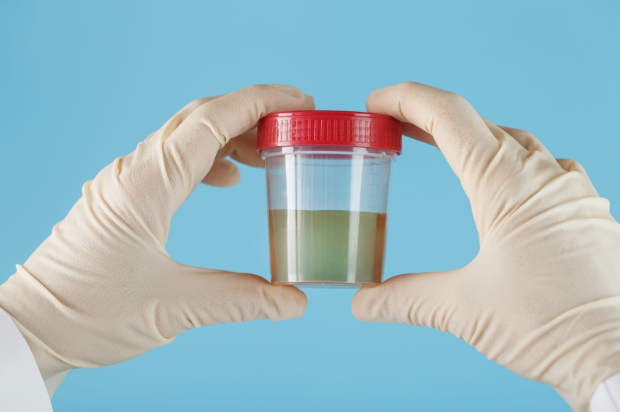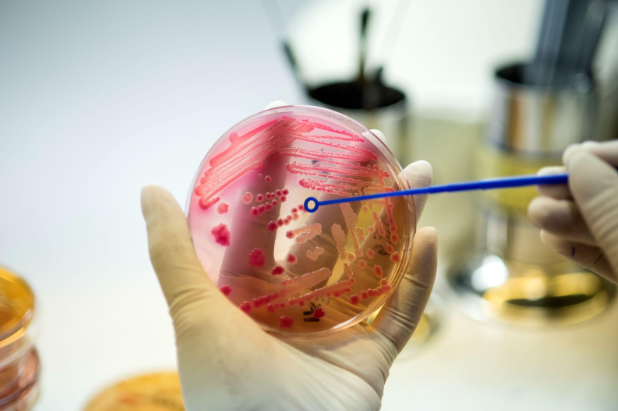
How Meditation Spread in the U.S.
March 26, 2025What is Fecal Microbiota Transplantation (FMT)?

Fecal Microbiota Transplantation (FMT) is a relatively new medical intervention procedure or treatment method in which stool derived from a healthy individual is introduced into the GI tract of a patient with dysbiosis. This procedure is gradually being appreciated in managing a number of related gut disorders, most significantly, recurrent CDI.
FMT builds on the many-layered system of the microbiota of the gastrointestinal tract, which is responsible for digestion and immune functions as well as general wellbeing. Consequently, FMT eliminates all the unhealthy bacteria from the gut and replaces them with a healthy mix that could ensure maximum health benefits.
For additional information regarding gastrointestinal health and further treatment, go to Gastroenterology Associates of New York.
The Science Behind Fecal Microbiota Transplantation

Understanding the Gut Microbiome
Gut microbiota refers to a complex population comprising trillions of microorganisms which live in the human gastrointestinal tract and includes bacteria, viruses as well as fungi. These microbes contribute positively to health, assist in nutrition, help boost the immune system, and check the growth of undesirable organisms. It has been established that an imbalance in this microbiome can cause several diseases as well as infections.
Mechanism of FMT
FMT involves the delivery into a patient of stool originating from a donor with a healthy microbial profile. This is usually achieved through one of the following methods:
- Colonoscopy
- Endoscopy
- Enemas
- Tablets and capsules or in other words, products that can be ingested orally
The goal is to introduce a rich diversity of microorganisms into the patient’s gut, which can:
- Suppress harmful bacteria.
- Restore microbial balance.
- Improve overall gut function.
Conditions Treated with FMT

FMT is applied mainly in cases of recurrent Clostridioides difficile-associated diarrhoea which is characterised by severe diarrhoea, abdominal pain and fever. However, ongoing research suggests potential applications for other conditions, such as:
- Inflammatory Bowel Diseases (IBD): Crohn’s disease and ulcerative colitis are part of this group.
- Irritable Bowel Syndrome (IBS): For conditions in which the patient suffers from constipation or gas problems among other similar ailments.
- Metabolic Disorders: Such as obesity and type 2 diabetes.
- Neurological Disorders: ASD, Parkinson’s disease and so on, are related to gut-brain axis relationship.
The Procedure: Step-by-Step Guide
Donor Screening
It is very important that the safety of the stool sample is secured. In a bid to ensure donor security donors bear to several tests to disqualify them if they are infected, sick or carrier of diseases and contaminants. This includes:
- Medical history review.
- Blood tests.
- Stool analysis.
Collection and preparation of Stool
In brief, once selection criteria of a donor have been fulfilled, donor’s stool samples are harvested and prepared under aseptic methods. The sample is:
- Rather dissolved with a saline or a glycerol solution.
- Optical clarified to do away with solid phase.
- Prepared for administration.
Administration of FMT
Depending on the method chosen, the prepared stool is introduced into the patient’s GI tract via:
- Lower GI Methods: Colonoscopy or enema.
- Upper GI Methods: Nasogastric tube or in the form of oral capsules.
Post-Procedure Monitoring
The outcome of the treatment is evaluated as well as side effects paid close attention to in patients. It is thus important to follow up the client several times before final conclusion of the case to ensure that recovery program has a long lasting impact.
Benefits of Fecal Microbiota Transplantation
FMT offers numerous advantages:
- High Success Rates: Especially for recurrent CDI, as efficacy rates are higher than 90% with the cure.
- Non-Invasive Options: Oral capsule have less invasive effects.
- Potential for Broader Applications: It can be treated using the drug and research is revealing more and more of its potential for non-infectious diseases.
Risks and Considerations
Although FMT is safe, there are some risks related to this method of taking probiotics. Potential concerns include:
- Transmission of infections which due to existing screening protocols are unlikely to happen.
- Mild and usually passing gastrointestinal upset (abdominal pain, diarrhoea).
- Some risks are not well understood in terms of their long-term impacts, and can manifest in some instances.
People who are interested in taking FMT should seek advice from a professional gastrointestinal specialist to know whether he or she is a candidate to take the procedure.
FMT in Research and Future Prospects

Current Research Areas
- Gut-Brain Axis: Taking a closer look at the relationship between gut microbiome and mental health and neurological disorders.
- Cancer Treatment: Examining methods by which FMT can improve the outcomes of immunotherapy.
- Antibiotic Resistance: Understanding the ways used by FMT in the fight against antibiotic resistant type of infections.
Innovations in FMT Delivery
- Enhanced dissolution characteristics of bulk oral capsule products.
- To avoid threat related to synthetic microbiota, preparations have been made in the following ways.
- Proper criteria and rules regarding the donors and the stools samples they provided.
Who Can Benefit from FMT?
FMT is typically recommended for:
Patients with Recurrent CDI: Especially in those cases when several antibiotics were administered and the treatment does not bring the desired outcome.
Individuals with Chronic Gut Dysbiosis: which may originate from the chronic use of antibiotics or due to other cause.
Participants in Clinical Trials: Exploring novel uses of FMT.
Conclusion
Fecal Microbiota Transplantation is a revolutionary procedure to revolutionize the management of gut health. From the experience in C. difficile-associated diseases to a number of potential chronic ailments, FMT is a defining development in contemporary medicine.
When Foraminal Morphology Treatment or looking for professional advisors on abdominal health,Gastroenterology Associates of New York is the right place to go. It has a team of professional that specializes in offering state of the art treatment to suit your requirements.



